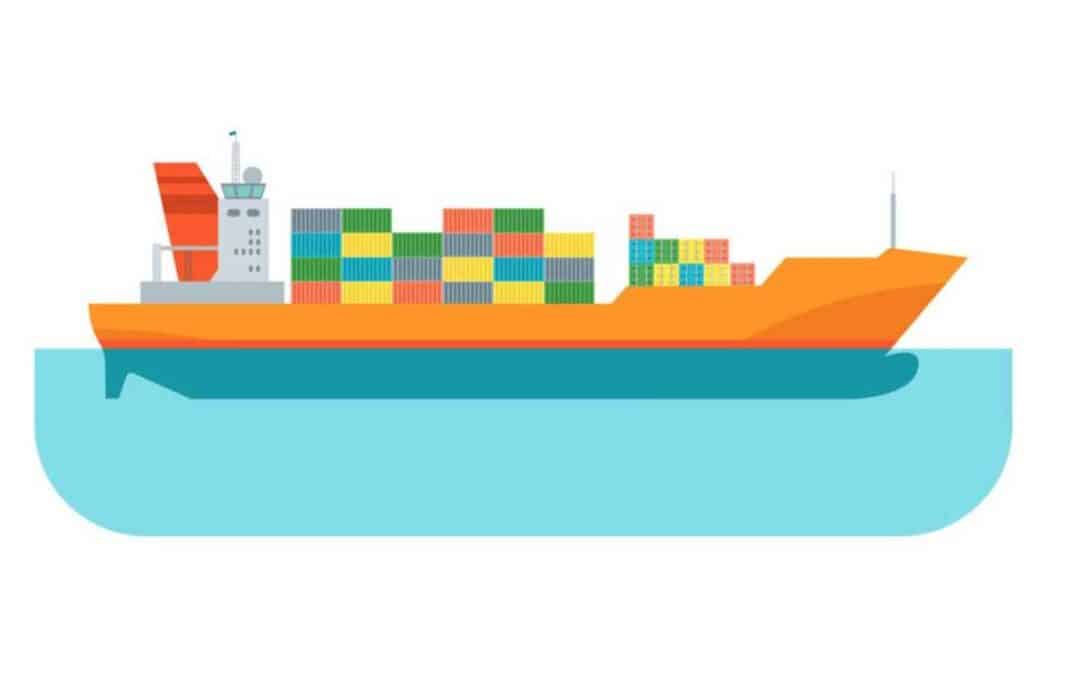Charter Party shipping contract in Bangladesh at 2020: A Complete guideTahmidur Rahman, Senior Associate, TR...


Charter Party shipping contract in Bangladesh at 2020: A Complete guideTahmidur Rahman, Senior Associate, TR...

Maritime Laws of Bangladesh | Admiralty & Ship Arrest | A complete overview of Admiralty Law in BangladeshTahmidur...
The page you requested could not be found. Try refining your search, or use the navigation above to locate the post.